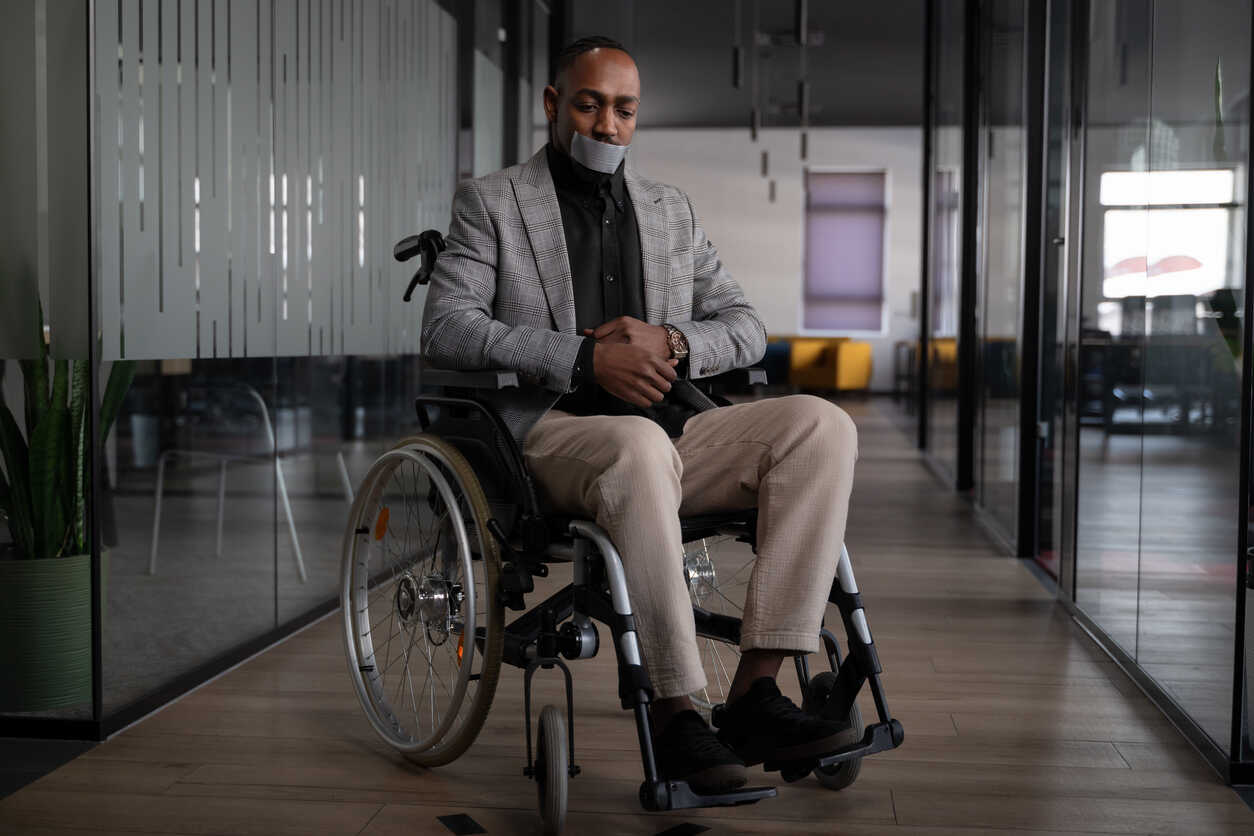Disability discrimination in the workplace is not only unethical, it is illegal under both California and federal law. When an employee is mistreated due to a physical or mental disability or because they requested a reasonable accommodation, the law provides pathways to file a formal complaint and seek justice.
At the Leichter Law Firm, APC, employees are guided through each step of the process to ensure their rights are protected and their claims are taken seriously.

Understanding Disability Discrimination in the Workplace
Disability discrimination occurs when an employer takes adverse action against an employee because of a real or perceived disability. This may include refusing to hire, denying a promotion, reducing hours, harassing the employee, or terminating their employment. It also includes situations where an employer fails to provide reasonable accommodations that would allow the employee to perform their job duties.
In California, the Fair Employment and Housing Act (FEHA) provides robust protections for employees with disabilities. These protections are in addition to the federal protections provided under the Americans with Disabilities Act (ADA).
Step One: Gather Documentation and Evidence
Before filing a formal complaint, it is vital to collect and organize evidence that supports the claim.
This may include:
- Medical records confirming the disability.
- Emails or written communications with supervisors or HR.
- Notes or documentation of discriminatory comments or actions.
- Records showing denied accommodations or changes in job status.
The more detailed the documentation, the stronger the foundation for a successful complaint.
Step Two: File a Complaint with the California Civil Rights Department
In California, the first step in the legal process is usually filing an administrative complaint with the California Civil Rights Department (formerly known as the Department of Fair Employment and Housing, or DFEH). This must be done before pursuing a civil lawsuit.
A complaint can be filed online, by mail, or by phone. It must include basic information about the employee, the employer, the nature of the discrimination, and the dates of the alleged events. The filing deadline is typically three years from the date the discrimination occurred, but certain factors can affect the timeline.
Once the complaint is submitted, the Civil Rights Department may offer mediation, conduct an investigation, or issue a “Right-to-Sue” letter.
Step Three: Decide Whether to Participate in an Investigation or File a Lawsuit
Employees have two primary options after filing the complaint. They may allow the Civil Rights Department to investigate the claim, or they may request an immediate Right-to-Sue letter, which would enable them to take their case directly to court.
An employment law attorney can advise on which path is more strategic, based on the specific facts of the case. At the Leichter Law Firm, clients receive personalized guidance to make informed decisions at each step.
How Leichter Law Firm Helps Employees Facing Disability Discrimination
Los Angeles employment law attorney Aryeh Leichter is experienced in handling disability discrimination cases under both California and federal law. He works with clients to file strong complaints, negotiate with employers, and, when necessary, take cases to court to fight for justice and compensation.
If you believe you have been discriminated against because of a disability, contact the Leichter Law Firm, APC at (818) 915-6624 or online for a free consultation. Learn your rights and take the next step toward protecting them.
Related Links:
- What are My Employer’s Obligations Under the ADA?
- When Must Employers Accommodate a Disability in California?
- Can You Be Fired from a Job While on Leave With a Disability in CA?
- Invisible Disabilities and Workplace Rights in California
- What is the Definition of Disability Under CA State and Federal Laws?









